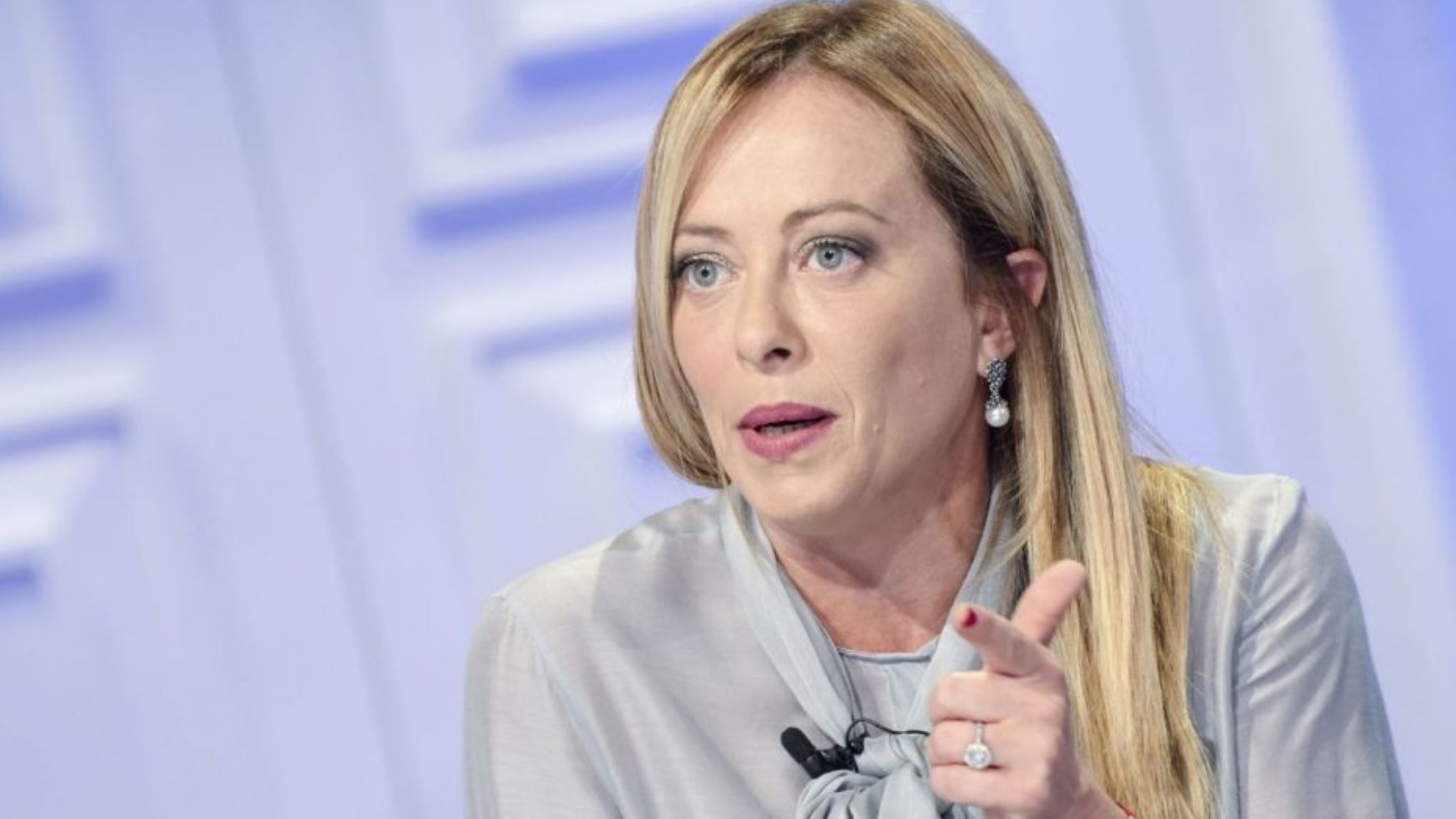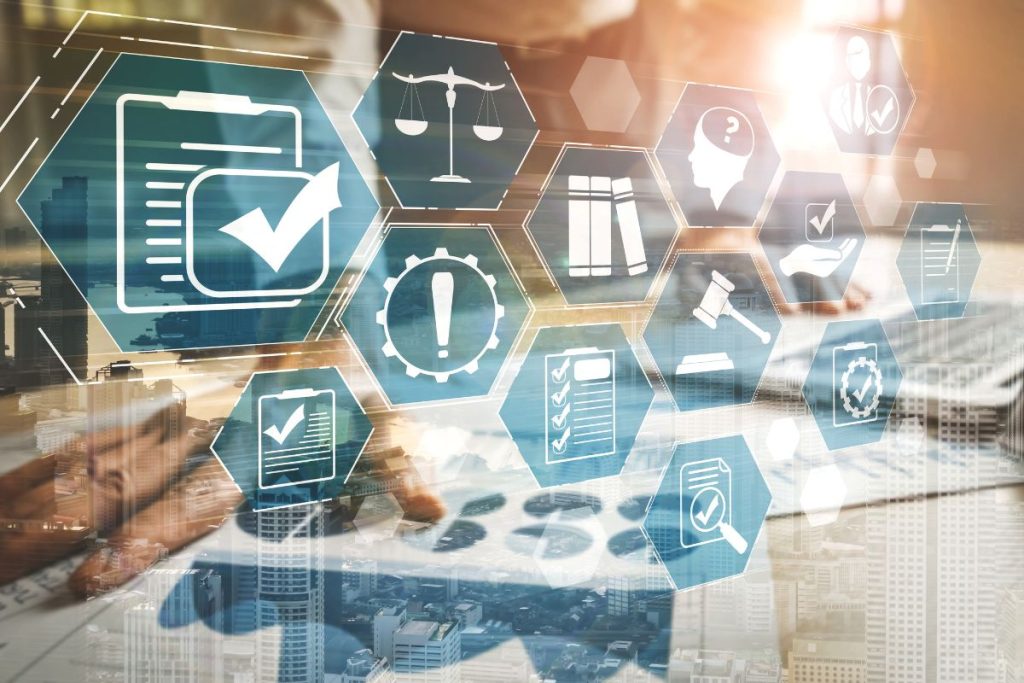
Protecting Against Deepfake Threats: Understanding the Case of Italian Prime Minister Giorgia Meloni
In recent news, Italy’s Prime Minister Giorgia Meloni has found herself embroiled in a distressing ordeal involving deepfake technology. The emergence of pornographic videos featuring her, manipulated through deepfake techniques, has sparked legal action and raised concerns about the rampant spread of misinformation and malicious content online. Let’s delve into the details of this case and explore the broader implications of deepfake technology.
Table of Contents
Unveiling the Deepfake Controversy
Giorgia Meloni, serving as Italy’s Prime Minister, has taken decisive steps in response to the dissemination of deepfake pornographic videos portraying her. The perpetrators, identified as a 40-year-old man and his 73-year-old father, face serious defamation charges following their actions. Through the overlay of Meloni’s face onto another individual’s body, these individuals created and circulated illicit content on various online platforms.
Legal Ramifications and Pursuit of Justice
In pursuit of justice, Meloni has initiated legal proceedings, demanding significant damages amounting to 100,000 euros. This legal action not only seeks reparation for the harm inflicted upon her reputation but also aims to set a precedent in combating the proliferation of deepfake content. The case highlights the gravity of the situation, particularly in regions where defamation cases carry criminal implications, potentially leading to imprisonment.
A Symbolic Stand for Women’s Rights
While the damages claim may be deemed “symbolic” by Meloni’s legal team, the underlying message reverberates loudly. Meloni intends to allocate the entirety of the awarded sum towards supporting women who have fallen victim to male violence. This noble gesture underscores her commitment to empowering women and fostering a safer environment for those affected by such abuses of power.
The Technological Menace: Understanding Deepfakes
Deepfakes represent a menacing technological advancement, leveraging artificial intelligence to fabricate convincing visual and auditory content. Originating in late 2017, the term “deepfake” gained prominence as a Reddit user introduced a platform for sharing manipulated pornographic material. Since then, deepfake technology has evolved, posing significant threats to public trust and truthfulness.
Mitigating the Threat of Deepfakes
The proliferation of deepfakes poses a multifaceted challenge, requiring concerted efforts from various stakeholders. Awareness campaigns, technological innovations, and stringent legal measures are essential in mitigating the threat posed by deepfake content. Collaborative endeavors between governments, tech companies, and advocacy groups can pave the way for effective strategies to combat misinformation and safeguard individuals’ reputations.
Conclusion: Upholding Integrity in the Digital Age
The case of Italian Prime Minister Giorgia Meloni underscores the urgent need for vigilance against the pernicious influence of deepfake technology. As society grapples with the challenges posed by digital manipulation, proactive measures must be implemented to preserve integrity and combat misinformation. By standing firm against deepfake threats and championing justice, we can foster a safer and more trustworthy online environment for all.
Through decisive action and collective engagement, we can safeguard against the harmful repercussions of deepfake technology, ensuring that truth prevails in the digital age.
March 21, 2024


















